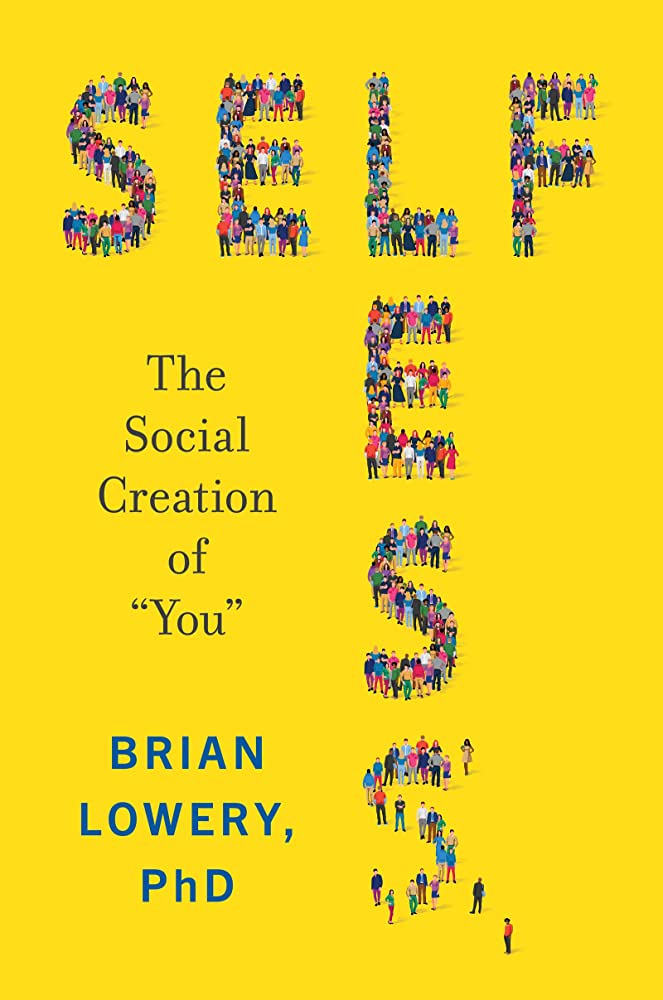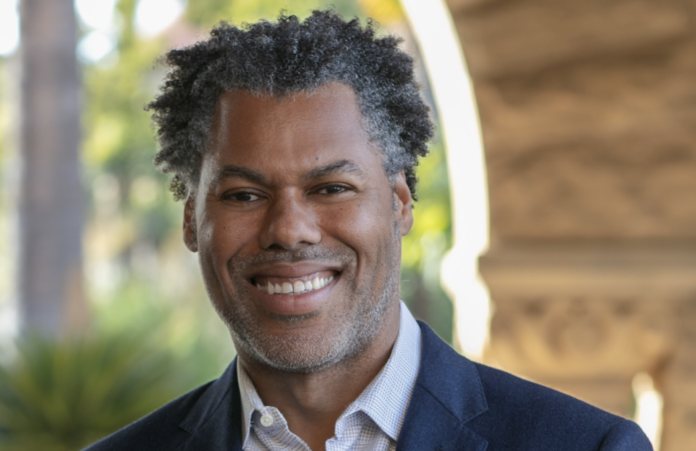Riffing on an idea co-opted from social psychologist and Stanford professor Brian Lowery’s new book, Selfless: The Social Creation of “You” (Harper Collin, $23.99), please scrunch your toes in your socks or lick your lips.
Did you do it? Did you think about following both or either suggestion? Were you instantly curious or put off by the request? Perhaps you thought, “Some of us never wear socks,” or, “I’m not the kind of person who will just moisten my lips when a total stranger suggests it, even if ‘please’ begins the ask.” Or, you might have been startled enough to say aloud, “Yeah, my toes needed a scrunch and my lips were cracking … but how did the writer of this article know?”

The exercise proves a central organizing principle around which Lowery’s accessible and well-researched book is constructed. In three sections, Lowery pins our sense of individual self, the understanding of our collective, connective selves, and our tensions within structures and limitations to freedom, to something as “un-pinable” as water. Yes, as much as we may think of our selves as entities fixed by destiny, social structures, or predetermined biology—or “fixable” on our own steam with solipsistic determination—Lowery makes a strong case for fluidity. Which means the “you” that internally feels true is actually a slippery, ever-evolving form that mutates and searches for solidity, fighting furiously to retain a feeling of freedom, and all the while is buffeted and burnished by the external winds and waves of relationships.
Boiled down to its essence and bolstered with a range of scientific research and references to ancient and modern history about the self and selfhood, Lowery explores the “you” we think we know as if it is a specimen in a petri dish. His microscopic examination of the self within individual, collective, and cultural contexts addresses misconceptions of the individual self. It leans hard into an argument that says selfhood is formed and constantly updated, not so much by our selves as it is by social and cultural collective forces.
The book’s strongest and most interesting sections and chapters tackle fixed or “essentialist” ideas about the self through the lenses of racial identity, morality, safety, dignity, and the relationships we pursue. Far from a self-help book, Selfless is sometimes uncomfortable to read; especially when it pushes the button on buried doubts about personal freedom. When you walk, speak, talk, and occupy spaces as a physical being in public, how much are you “free to be me,” as opposed to an amalgamated product of your childhood, upbringing, life experiences, social class, race, gender, relationships, and other external forces?
Relatedly, do we always want to be islands, or do we often crave being part of a group while simultaneously retaining the faux belief that we are free? When does the longing to be part of a group, a reality made evident throughout millennia, lead to a person subscribing to or participating in dangerous, even fatal ideologies and actions? Lowery writes in one example (supported by a footnote referencing a 2005 Theatre Journal article), “Consider the fact that there have been cultures in which it was morally appropriate to hunt other human beings. In the United States, not long ago, large groups of people attended lynchings as family outings—they took photos, which you can see online today, and sent them as postcards. Sometimes they even took pieces of the victims’ bodies as souvenirs.”
Lowery asks, if science and social psychology prove—and they do—that we are enormously wrong in our beliefs about our control over ourselves, when is the real, essential, “true” self created, completed, defined, knowable? Lacking a God-like, super-administrator authority to simply tinker around in our heads and alter or fix or tune up our “selves,” what is left other than to flop on life’s surface and give in to whatever imprints fall upon us?
The best answers are found at the end of Selfless. Recognizing not only the influence others have on us, but the way we shape the selves of everyone with whom we come into contact, we might realize there is both power and responsibility in how we choose to interact. Control becomes not a hammer, but a potent and porous tool for producing kinder, gentler, more patient, equitable, and forgiving selves and societies. It’s an intriguing thought—and actionable. As framed by Lowery, we can wear our self and selves not as straightjackets, but as hugs of comfort and sources of power.
Purchase Selfless: The Social Creation of “You” here.






